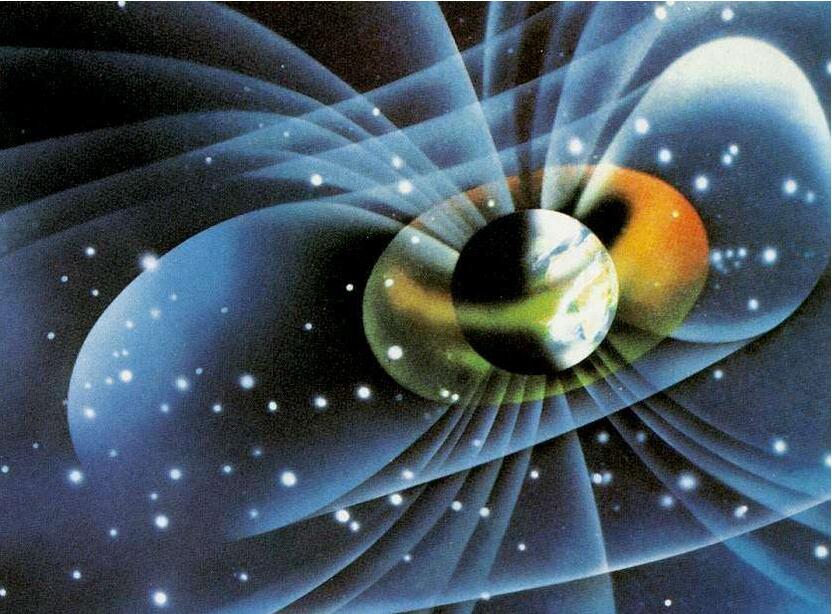
Earth's magnetic field plays a key role in protecting our modern communication and power infrastructure from potentially harmful solar wind radiation, but it may have also played a fundamental role in providing an essential protective barrier for the emergence of life on Earth.
Understanding the past evolution of the geomagnetic field requires examining the magnetic recordings acquired by rocks when they formed.
Determining the strength (paleointensity) of the ancient geomagnetic, however, is fraught with difficulties that make understanding the evolution of our planet more challenging because some rocks are not good magnetic recorders and do not record the geomagnetic field well.
Led by associate professor Greig Paterson from the Institute of Geology and Geophysics (IGG) of the Chinese Academy of Sciences (CAS), an international team of researchers has demonstrated the first quantitative link between fundamental magnetic properties and the behavior of paleointensity data.
Using data from properties that are rapid and easy to measure, they defined a new measure of magnetic stability called "bulk domain stability" that is related to the inaccuracy of paleointensity results.
This relationship can be used to reject low-fidelity paleointensity records and help resolve controversy that surrounds key questions about the evolution of our planet, such as when did the geodynamo begin, when did the inner core solidify, or how early life may have interacted with the magnetic field.
Their findings were published in Proceedings of the National Academy of Sciences.
This research was done in collaboration with researchers at Imperial College London, UK, and Kochi University, Japan and was supported by the National Natural Science Foundation of China, and CAS.

Map of earth magnetosphere (Image from tech.china.com)

86-10-68597521 (day)
86-10-68597289 (night)

86-10-68511095 (day)
86-10-68512458 (night)

cas_en@cas.cn

52 Sanlihe Rd., Xicheng District,
Beijing, China (100864)

